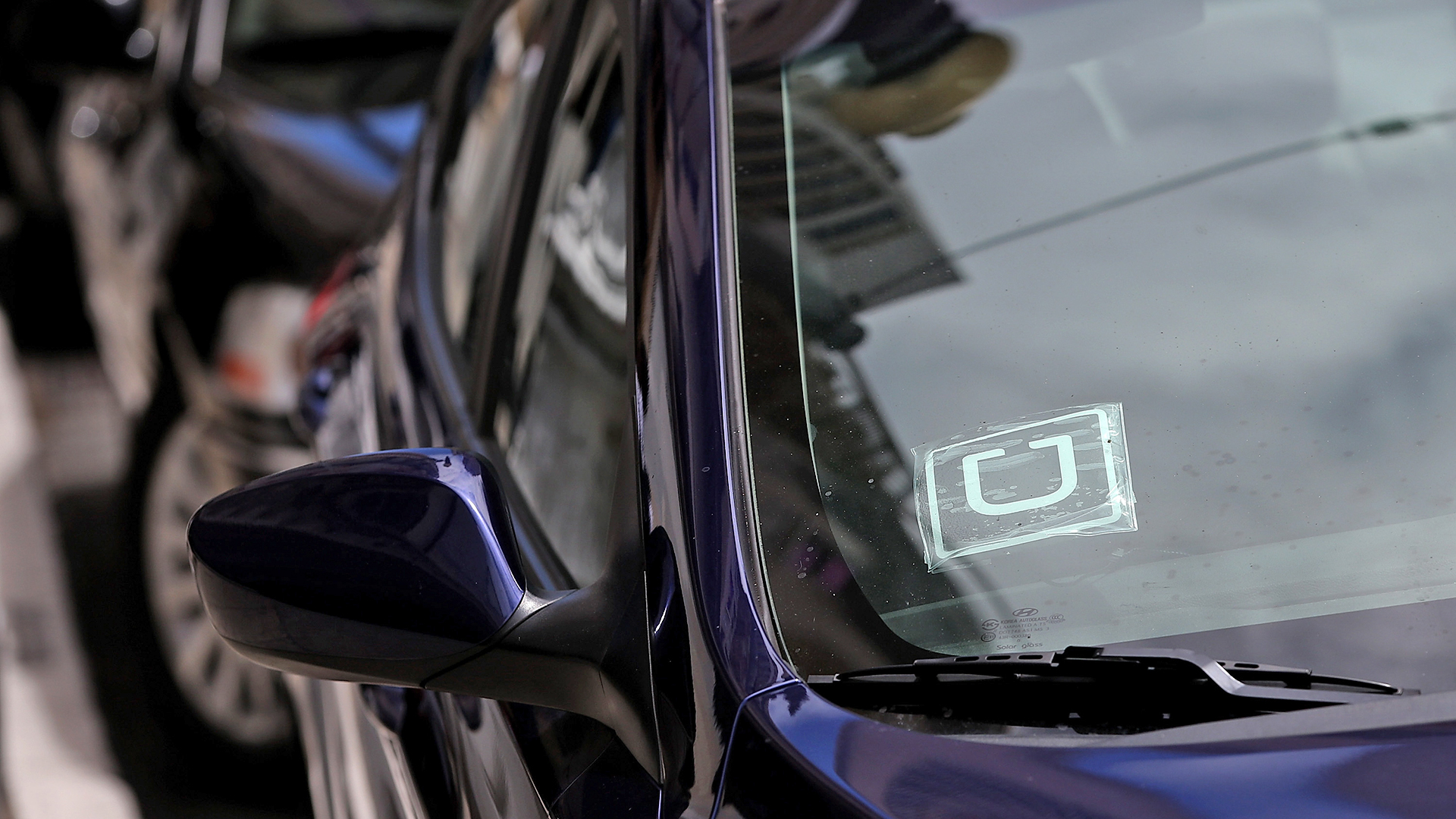

We may earn revenue from the products available on this page and participate in affiliate programs. Learn more ›
A Texas woman with cerebral palsy is suing Uber, claiming that drivers repeatedly denied her rides because she requires the use of a service dog. The lawsuit claims this occurred on “approximately 25 separate occasions” from 2016 to 2017. It’s the latest of several lawsuits claiming that ride-hailing companies fail to accommodate people with disabilities.
The plaintiff, D’Edra Steele, claims multiple Uber drivers cancelled rides or refused her service only after finding out that she uses a service dog. Drivers used excuses such as allergies or lack of protective seat covers, according to the lawsuit. Such behavior violates Uber’s own policies.
Uber has a non-discrimination policy that prohibits drivers from denying service to anyone based on disability. The company also has a specific service animal policy, which states that “driver-partners have a legal obligation to provide service to riders with service animals” and emphasizes that “a driver-partner CANNOT lawfully deny service to riders with service animals because of allergies, religious objections, or a generalized fear of animals.”
But Steele alleges that Uber has not been sufficiently responsive to her complaints. In her lawsuit, she claims she reported ride cancellations to Uber customer service multiple times. The usual response was a $5.00 credit and assurance that she wouldn’t be paired with the same driver again. Steele claims Uber said it would investigate some of the incidents.
Steele’s lawsuit isn’t the first against Uber alleging discrimination against people with disabilities. Rival Lyft is also being sued by two San Francisco Bay Area wheelchair uses, who claim the company discriminates by not providing enough wheelchair-accessible vehicles. The lawsuits highlight the difference between creating accessibility policies and enforcing them.
Unlike taxi companies and public-transit agencies, ride-hailing companies like Uber and Lyft rely largely on freelance drivers who provide their own cars. This makes it more difficult to ensure good service for people with disabilities than it would be at a private company or government agency with trained full-time employees and a fleet of its own vehicles.
